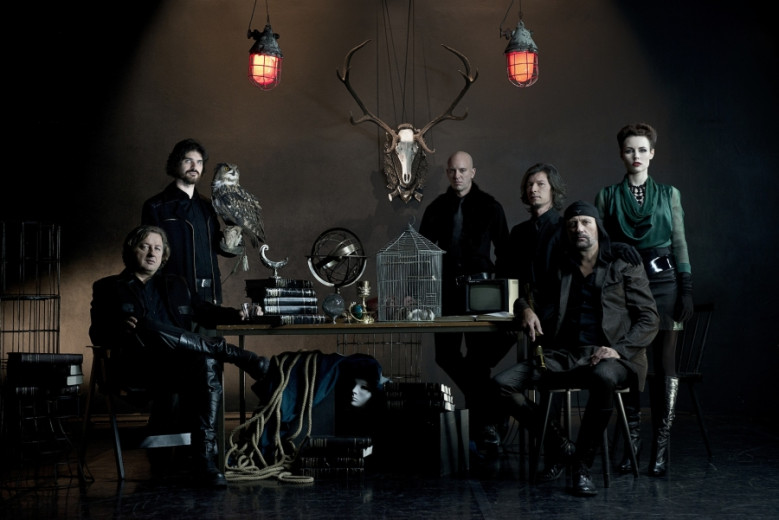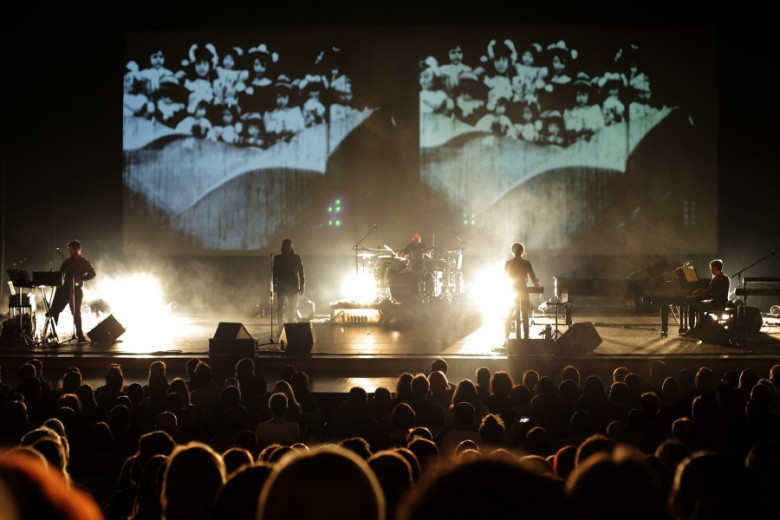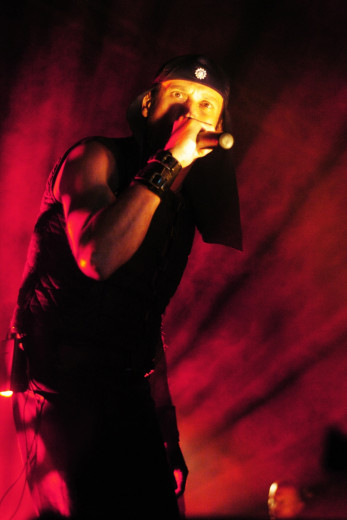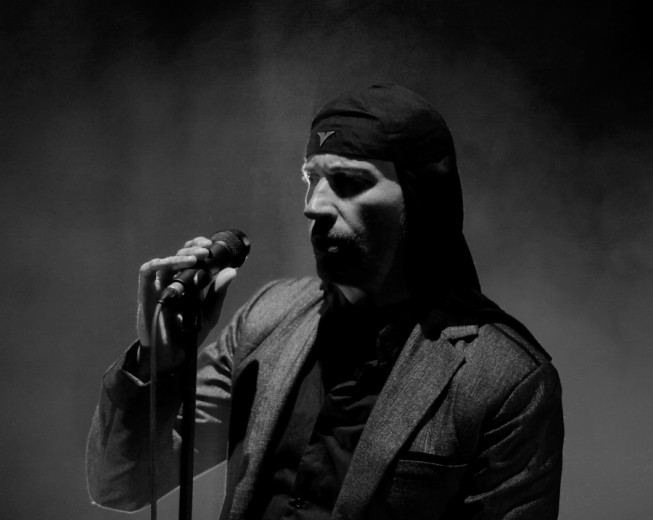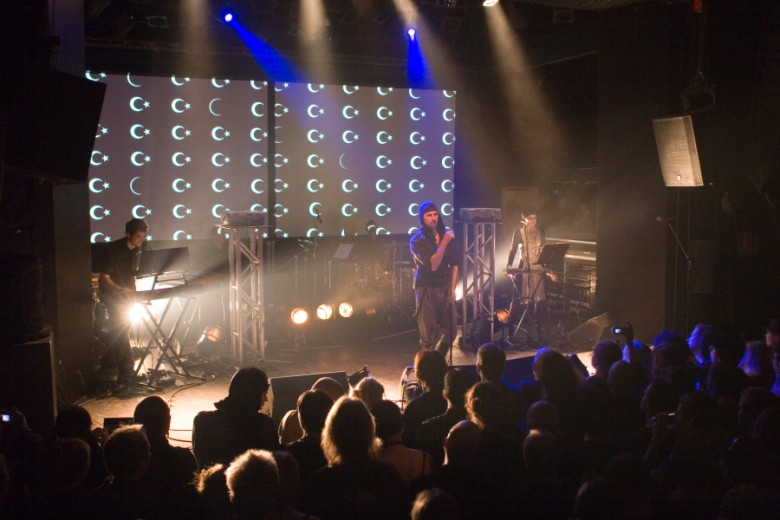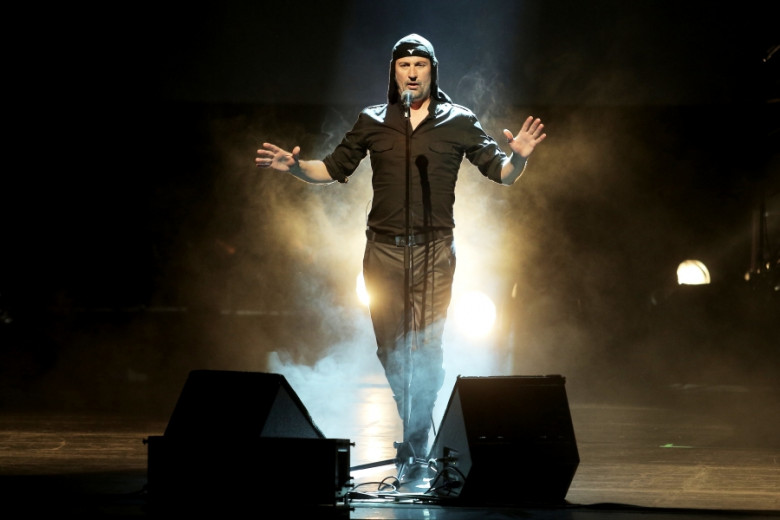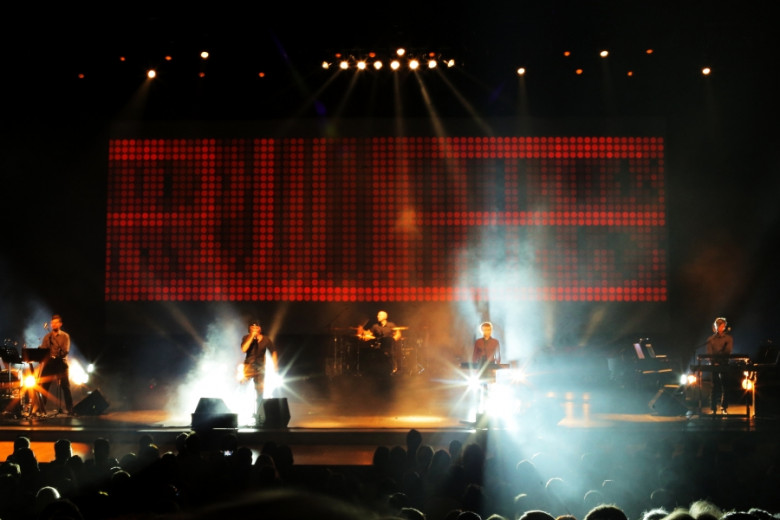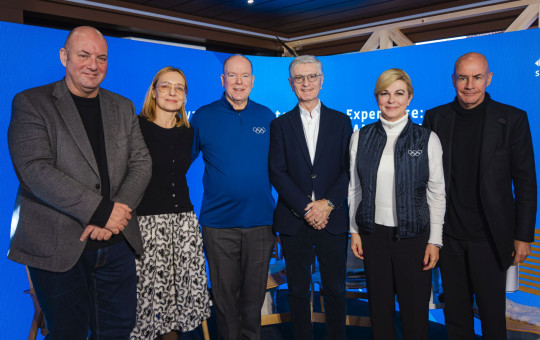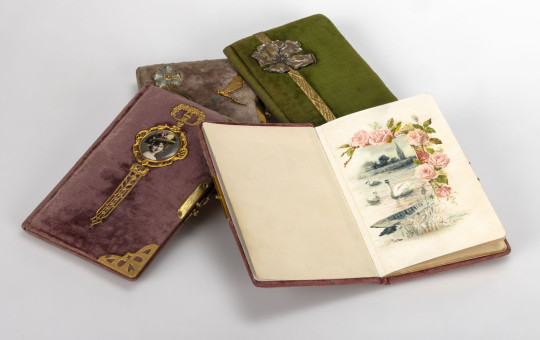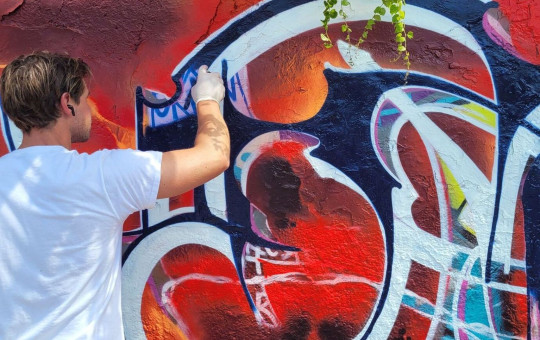Date: 21. May 2020
Time to read: 3 min
The Slovenian band Laibach recently released a special edition of their first album, which was released under the Škuc/Ropot music section in 1985, five years after the inception of this cult band from the mining town of Trbovlje.
Soon after the band's inception on 1 June 1980, they received a turbulent public response.
Much controversy was caused particularly by their visual style, which, in its early stages, focused predominantly on mining iconography. Later on it also included other symbols: Mount Triglav, deer antlers and hunting apparel. Generally each of their live performances told its own story and had its own one-off title. The voice and the style of frontman Milan Fras were and still remain the band's trademark.
The first album they released 35 years ago was incomplete due to censorship, but this spring they released an extended edition of the album, entitled Laibach Revisited. The extended edition comprises the albums Laibach, Revisited and Underground with songs that were created from 1982 to 1985. It consists partly of songs that are performed together with the RTV Slovenia Symphony Orchestra and the Lvov Philharmonic Orchestra and partly of recordings from the 2012 concert that Laibach performed in the Velenje coal mine, 200 metres underground.
So who are Laibach?
The name of the band is a historical German version of the name for the Slovenian capital Ljubljana. Laibach are part of the Neue Slowenische Kunst (New Slovenian Art) collective and have developed a unique artistic concept called Gesamtkunstwerk – a multidisciplinary artistic approach combining popular culture, for instance collages, photocopies, posters, various graphics, photographs, videos and installations. Today, their concerts also include various contemporary technical features and could be said to resemble theatrical as much as musical performances.
Laibach are much more than "just" music, by any measure. The band is known for their uniqueness and provocative performances intertwined with symbolism often evoking totalitarian regimes. Particularly in the early days, this caused the band considerable trouble. They also caused quite a stir in 2015 when they became the first foreign rock band to perform in the North Korean capital Pyongyang.
At the time, one of the protagonists and founding members of this retro-avant-garde band, Jani Novak, told Rolling Stone magazine:
"There is no second chance to play in Pyongyang for the first time. Laibach has, since its very foundation, been dealing with totalitarianism in all its manifestations; therefore visiting North Korea was absolutely a must-do".
The North Korean performance was organised by the Norwegian cultural activist Morten Traavik, who, together with his team, also filmed a documentary entitled Liberation Day, documenting this historic artistic event. For this occasion, Laibach covered the songs from the musical The Sound of Music in their own style. They described their performance in North Korea as "a very valuable experience that confirms the saying that things are never what they seem, even if they seem to be the same".
Laibach would not be the same without their Slovenian origins
"It’s simple. Only the Slovenian historical and cultural environment can produce something like Laibach, whose appearance and content is built on an organic eclecticism of all cultures and ideologies created at the intersection of the Slovenian land," said Laibach.
"We have been marked by Slovenia for better or for worse and this also reflects in our perception of the country. Despite all of its downsides – leaving aside its many advantages – we are more and more inclined to return to it, oftentimes also, or even precisely because of, its downsides. In short, even the downsides of Slovenia inspire us and often give us enough reason for silent enjoyment."
At the same time, Laibach has certainly left a mark on Slovenia. How? "It’s difficult to measure, but we imagine we’ve left our mark on Slovenia, an indelible one in many perceptions of the country." Laibach never run out of positive challenges.
Since their inception, they have played over a thousand concerts all over the world, have sold over a million albums and have become internationally recognised, in the early days also by performing covers of songs by Queen, The Rolling Stones and The Beatles. Paul McCartney even used to play a Laibach excerpt before his concerts!
Among other things, Laibach have written the music for the Macbeth performance by the Deutsches Schauspielhaus theatre from Hamburg. In 1994, the band released the album NATO, which was a commentary on the current political events in Eastern Europe and former Yugoslavia at the time. Their music was used in the famous experimental film hit The Blair Witch Project and the band members also performed in the film Full Metal Jacket by renowned director Stanley Kubrick. Their music made an appearance in the Hollywood film hit Spider-Man and the popular American TV series Alias, while the entire soundtrack for the film Iron Sky (2012) was written by them. Shortly after the release of their new album, Spectre, the James Bond film of the same name premiered in the cinemas. Coincidence? Recently they covered the music from the film The Sound of Music and staged the epic poem Krst pri Savici (The Baptism on the Savica), written by Slovenian poet France Prešeren. When you’d think there could be no surprises left, Laibach always seem to have another one in store! And even after 40 years, their concerts are still received with standing ovations.

